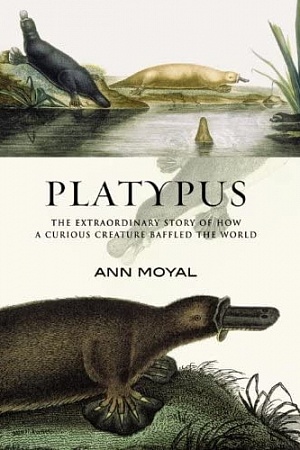Zoo Ethics: The challenges of compassionate conservation
CSIRO Publishing, $49.95 pb, 256 pp, 9781486306985
Zoo Ethics: The challenges of compassionate conservation by Jenny Gray
Zoological gardens are conflicted institutions. They provide a miraculous opportunity for close-ups with exotic and native animals one might never otherwise encounter. Yet they do so by keeping those very animals captive. The creaturely contact that zoos hope and claim can help transform citizens into advocates for animals and the environment is discomfited, if not entirely undermined, by the fact of dominion. Zoo biologists and keepers possess unique knowledge and skill in the breeding and care of wildlife, yet these were earned at the cost of generations of suffering and untimely death, and transform their subjects in still unknown and unacknowledged ways. Thus disquiet has long influenced the public debate over the merits of zoos whether entertainment, education, science, or conservation and their future place in societies is haunted by their role in defaunation and extinction.
Jenny Gray’s Zoo Ethics seeks to confront this disquiet and, by examining a range of ethical frameworks, to consider whether zoos can be justified. Whatever their capacities, she argues, all zoo animals are of moral concern: ‘duties and obligations result from the special relationships that have emerged from the entangled history, shared environment and vulnerability that arises when holding animals in captivity’. As might be expected of the CEO of Zoos Victoria and the incoming president of the world zoo governing body, Gray accepts reformist arguments for animal welfare but denies abolitionist claims of animal rights, in particular to liberty. That is, the ownership and use of animals are acceptable as long as unnecessary pain and suffering (both physical and psychological) are eliminated and each species’ complex needs, desires, and interests are met. In their techniques of care and replication of natural environments, she claims, zoos have made themselves capable of doing so.
Continue reading for only $10 per month. Subscribe and gain full access to Australian Book Review. Already a subscriber? Sign in. If you need assistance, feel free to contact us.











Leave a comment
If you are an ABR subscriber, you will need to sign in to post a comment.
If you have forgotten your sign in details, or if you receive an error message when trying to submit your comment, please email your comment (and the name of the article to which it relates) to ABR Comments. We will review your comment and, subject to approval, we will post it under your name.
Please note that all comments must be approved by ABR and comply with our Terms & Conditions.